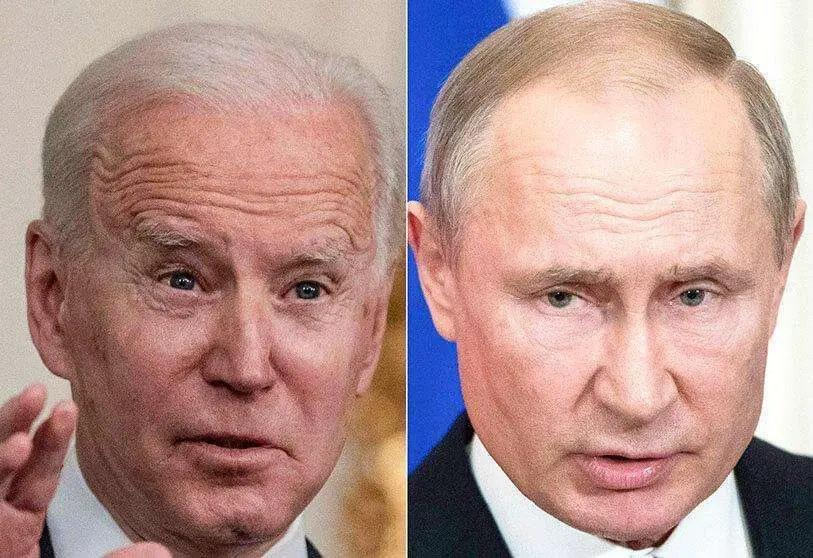The day the Second Cold War broke out

For some weeks now we have been anticipating the risk of a return to the Cold War that kept us on edge for several decades. Well, if we try to hold back our imagination, we can say that it exploded on Tuesday, in an intense day on the first anniversary of the incomprehensible and brutal war between Ukraine and Russia. In the morning, the aggressor, Vladimir Putin, the bellicose Russian president, emphasised in his long-awaited State of the Nation address that Russia will fight to the end and win.
Worse, he launched his political bluster based on the accusation that the war, which has already claimed many tens of thousands of lives, is the fault of Europe and NATO. In retaliation, he announced that he is tearing up the Treaty that has set limits on the development of nuclear weapons since the days of the Soviet Union; a Treaty that after several renegotiations became particularly valuable in 2010 when it was signed under the acronym START by US President Barack Obama and the then Russian President Dimitry Medvedev, who was in office until Putin could constitutionally seek another term in office.
The treaty was subsequently extended and signed again in 2021 by Biden and Putin. It imposed a limit of 1,500 nuclear warheads on each country and 700 ballistic missiles for delivery by bomber and submarine. It was to run until 2026. The break-up announced by Putin conceals a whole threat of atomic bombs that does not discriminate between tactical, shorter-range or even strategic ones, which would undoubtedly affect countries bordering Ukraine. A few hours earlier, French President Emmanuel Macron had announced that he would make his nuclear arsenal available to NATO if necessary.
At first glance, there was speculation that Putin was outraged by Biden's secretly arranged visit to Ukraine and the declaration of unconditional US and NATO support for Ukraine's defence. The US President, even in Poland before his return, did not shrink from Putin's threat. He reacted swiftly and forcefully: he reiterated his unwavering support for Ukraine and openly accused Russia and its president of crimes against humanity, the term attributed by UN authority to atrocities committed during an armed conflict on superior instructions.

